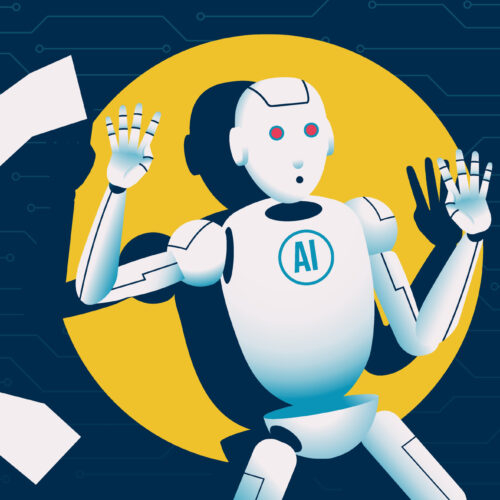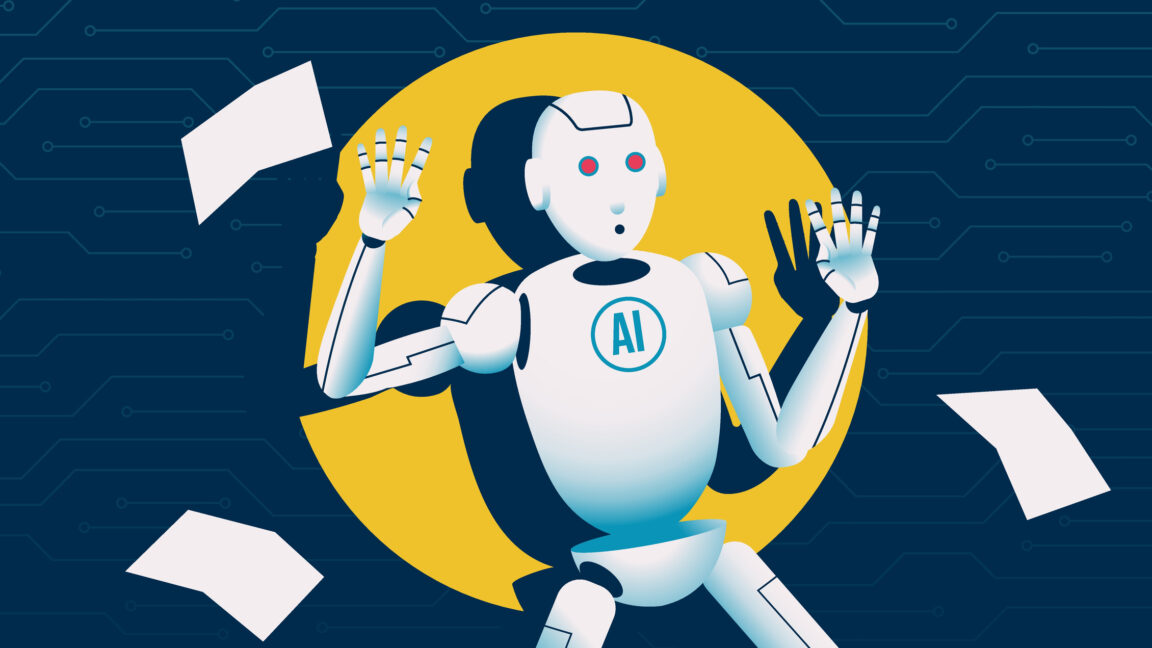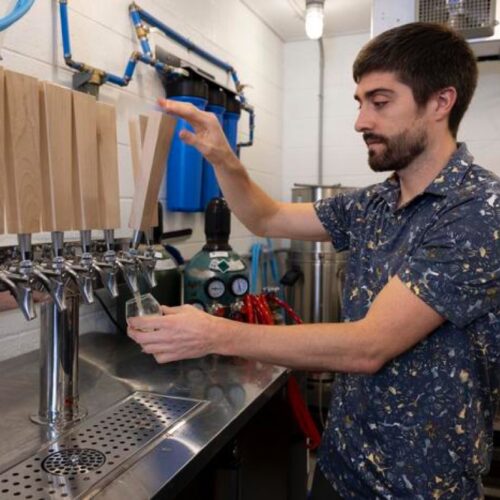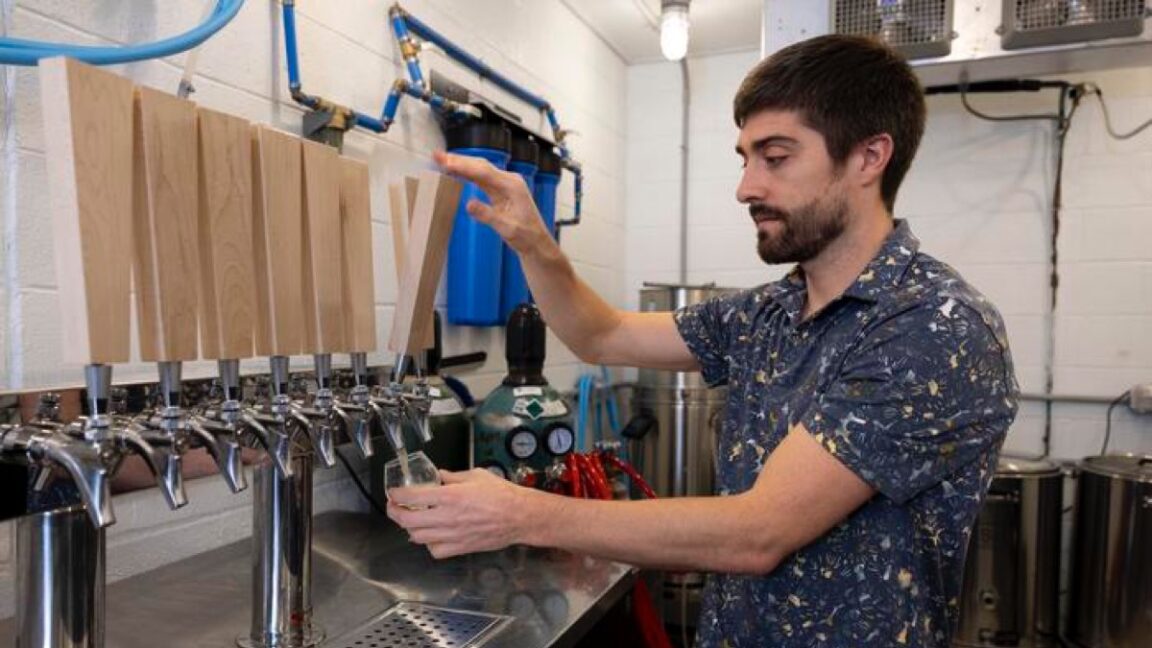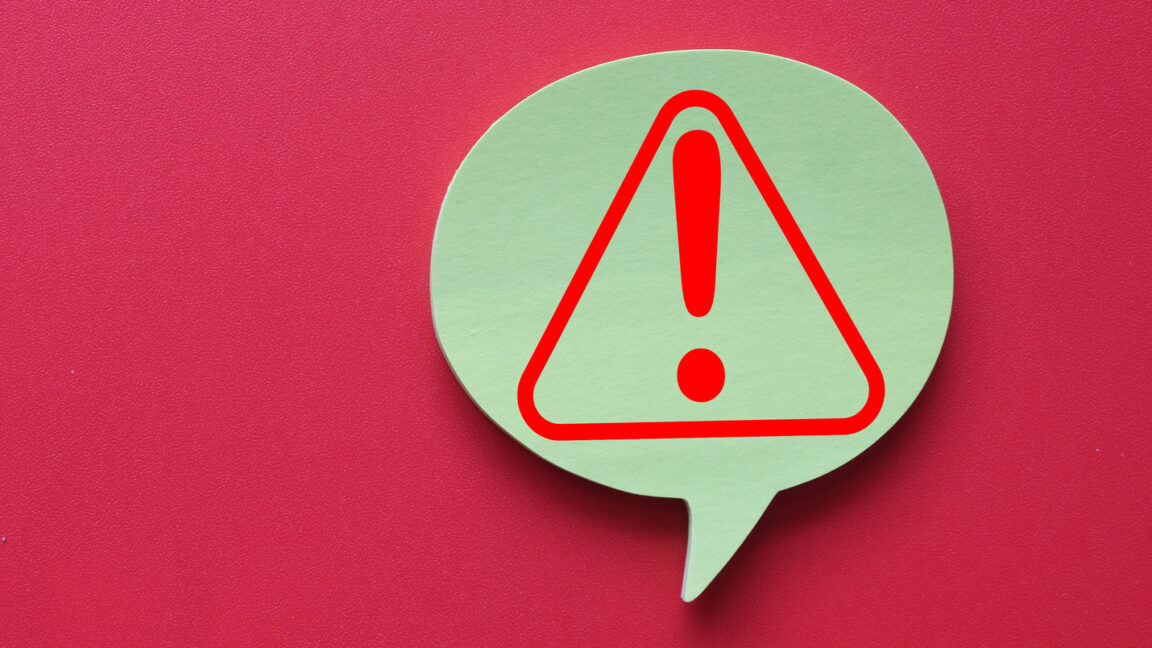Figuring out why a nap might help people see things in new ways
Dmitri Mendeleev famously saw the complete arrangement of the periodic table after falling asleep on his desk. He claimed in his dream he saw a table where all the elements fell into place, and he wrote it all down when he woke up. By having a eureka moment right after a nap, he joined a club full of rather talented people: Mary Shelley, Thomas Edison, and Salvador Dali.
To figure out if there’s a grain of truth to all these anecdotes, a team of German scientists at the Hamburg University, led by cognitive science researcher Anika T. Löwe, conducted an experiment designed to trigger such nap-following strokes of genius—and catch them in the act with EEG brain monitoring gear. And they kind of succeeded.
Catching Edison’s cup
“Thomas Edison had this technique where he held a cup or something like that when he was napping in his chair,” says Nicolas Schuck, a professor of cognitive science at the Hamburg University and senior author of the study. “When he fell asleep too deeply, the cup falling from his hand would wake him up—he was convinced that was the way to trigger these eureka moments.” While dozing off in a chair with a book or a cup doesn’t seem particularly radical, a number of cognitive scientists got serious about re-creating Edison’s approach to insights and testing it in their experiments.
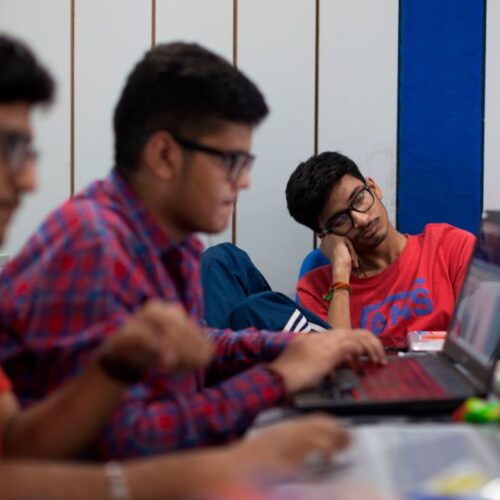
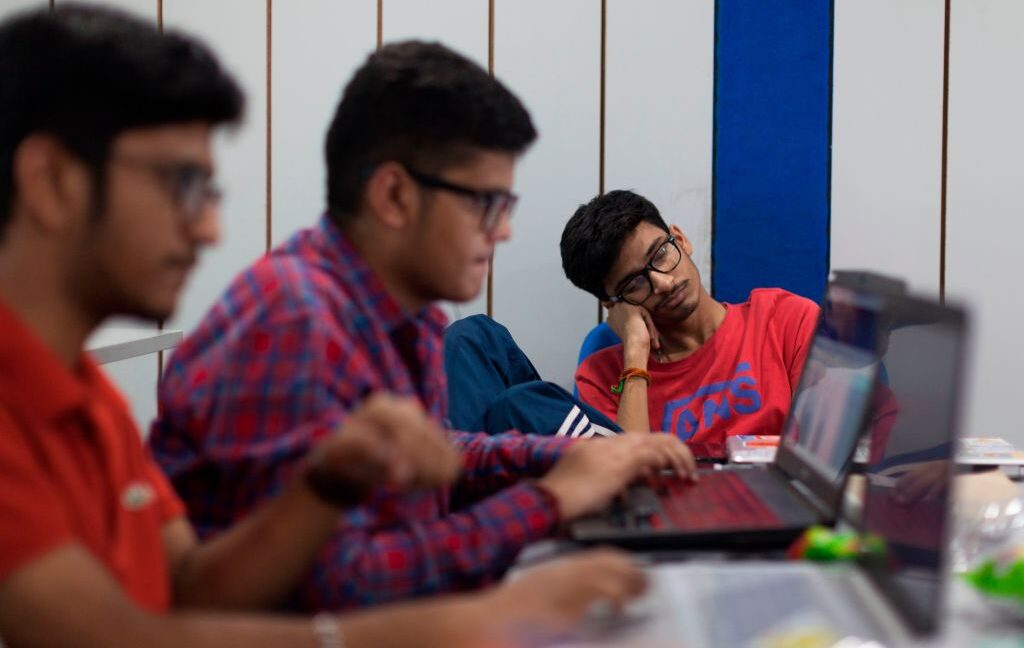
© XAVIER GALIANA



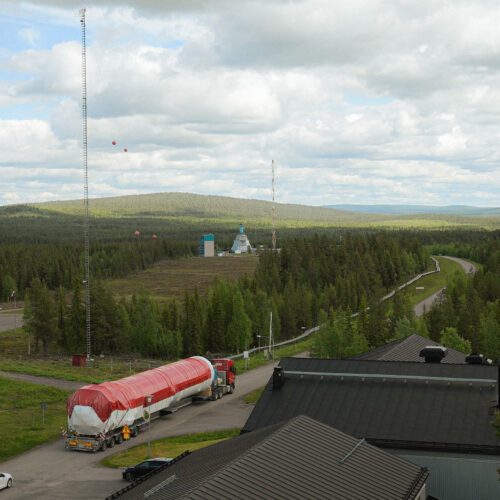
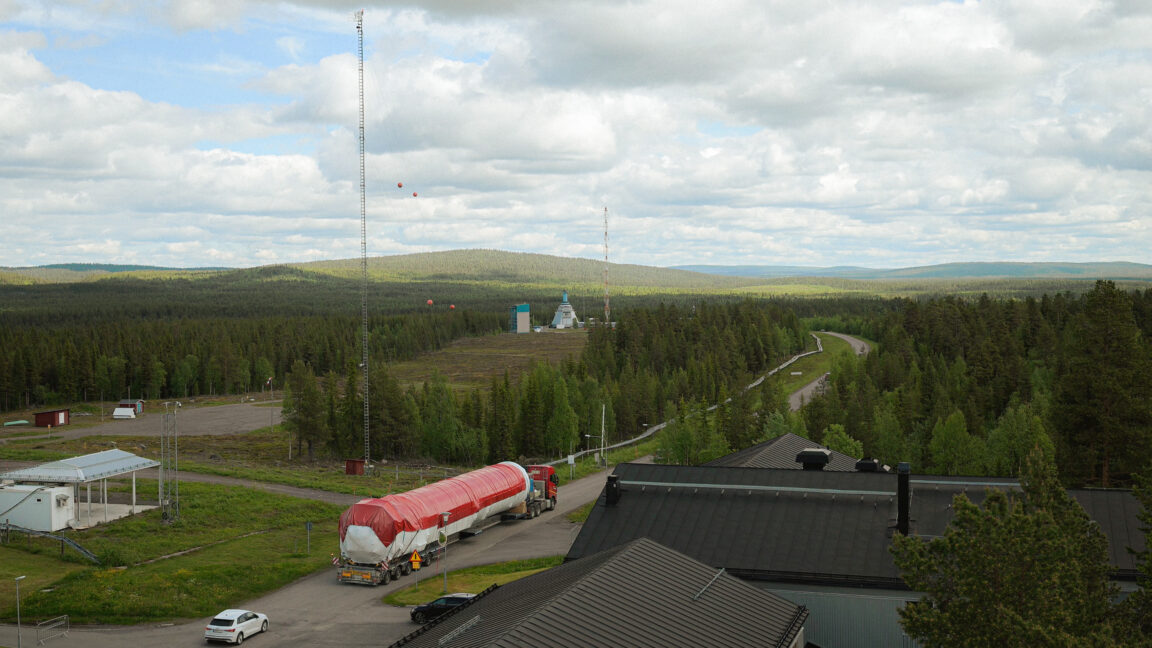




 "The future of the Internet" of the recent past.
Credit:
"The future of the Internet" of the recent past.
Credit:












